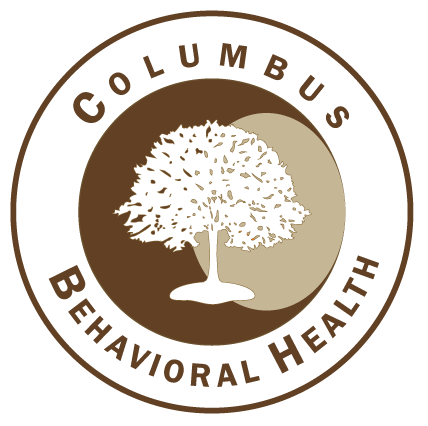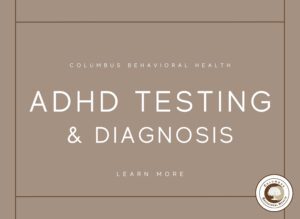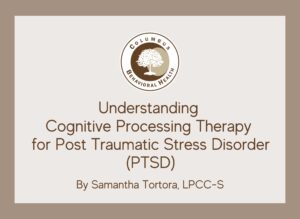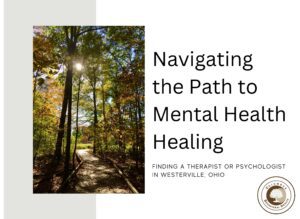Understanding and Recognizing Depression in Children and Teens
Depression in children and teenagers can often go unrecognized and untreated, as symptoms may be dismissed as normal emotional and psychological changes associated with growth and development. While early medical studies primarily focused on identifying masked depressive symptoms, such as acting out or angry behavior, it is essential to recognize that many children and teens exhibit more typical signs of sadness and low mood similar to adults with depression.
Recognizing the symptoms of depression in children and teens is crucial for early intervention and treatment.
Common signs and symptoms of Depression:
-
Difficulties sleeping: This may manifest as trouble falling asleep, staying asleep, or difficulties getting up in the morning.
-
Social withdrawal: Children and teens may show a lack of interest in social activities or spend more time alone.
-
Difficulties making or keeping friends: Depression can affect a child’s ability to form and maintain friendships.
-
Changes in appetite: This can include eating too much or too little, leading to noticeable changes in weight.
-
Difficulties concentrating: Depressed children and teens may have trouble focusing in school or completing tasks.
-
Acting out or behavioral problems: Some children may exhibit disruptive or aggressive behavior, while others may become more withdrawn.
-
Irritability or inappropriate anger: Children and teens with depression may display increased irritability or anger, often over minor issues.
-
Suicidal thoughts or gestures: In severe cases, children and teens with depression may express thoughts of self-harm or suicide. If you are concerned that your child may be suicidal, seek immediate help from a mental health professional or take them to the nearest emergency room.
It’s essential for parents, teachers, and caregivers to be aware of these signs and symptoms and to take them seriously. If you notice any of these signs in your child or teen, consider seeking help from a mental health professional who can provide a proper evaluation and recommend appropriate treatment options. Early intervention can significantly improve outcomes for children and teens with depression.
If you are concerned that your child might be suicidal, please take him/her to your local ER to be evaluated immediately.





